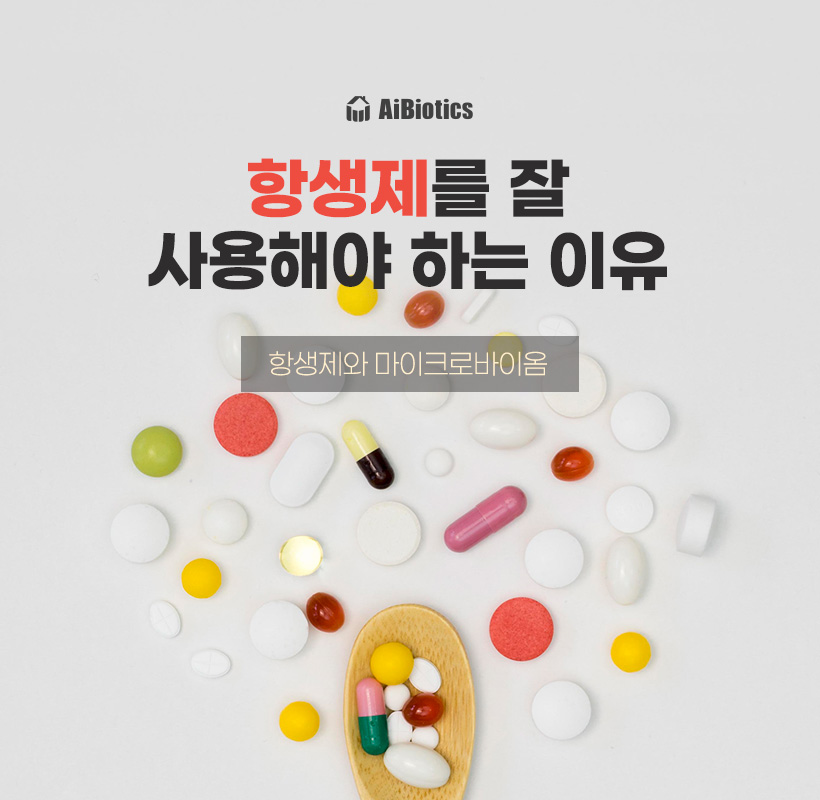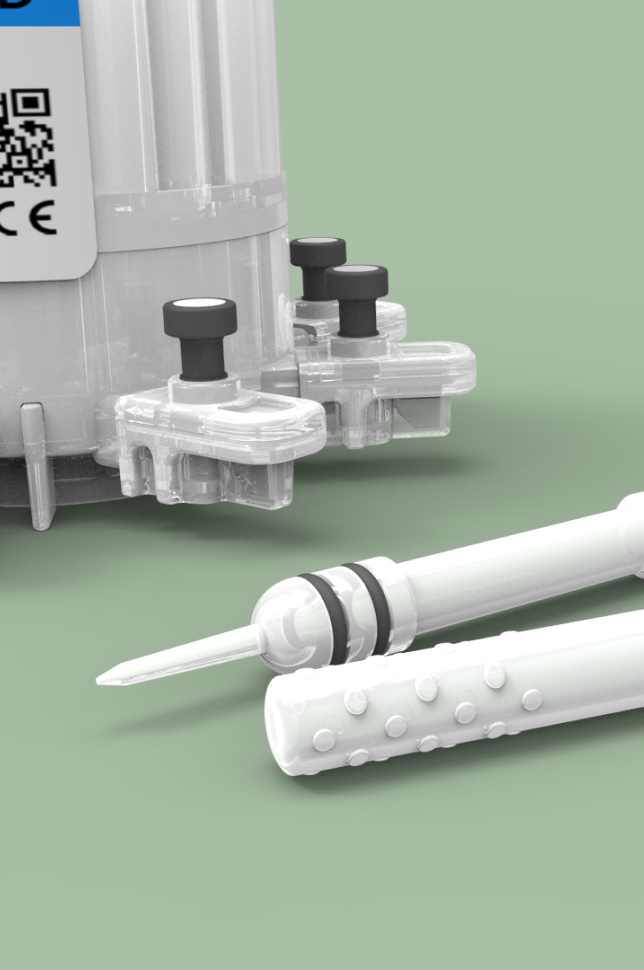‘That doctor is a quack! The medicine doesn’t work!’
A grandmother, who is anxious about taking care of her sick baby, goes to the hospital and comes back, talking about her baby who is not getting better.
The grandmother next door who was listening intervenes and says,
‘Go to the hospital across the street! They give you strong medicine there and it will go away in one go! ‘
You probably know that the ‘strong medicine’ is antibiotics.
Antibiotics were an important invention and discovery that changed the medical history of mankind, and they were a very important turning point that extended the lifespan of mankind.
Fleming discovered penicillin from mold and used it to eliminate sexually transmitted diseases, including syphilis, that were prevalent in Europe at the time, and it was recognized as a groundbreaking treatment. Not many people know that penicillin, developed in England on the Allied side, was the main player in leading the victory in World War II. Thanks to its groundbreaking results in treating wounds, penicillin was able to treat many soldiers on the battlefield, and as a result, World War II ended with the victory of the Allied forces.
However, since penicillin can only kill bacteria without an outer cell wall, various antibiotics were continuously developed afterward.
They found ways to kill bacteria in various ways, and when resistant bacteria emerged, they found stronger ways to kill resistant bacteria, just like an invisible war between antibiotics and bacteria.
But in the meantime, the bacteria that our bodies need are starting to disappear. Various medical guides warn about antibiotics, and there is no doctor who does not know about them, but the reality is that when you hear a grandmother carrying a baby and she is talking nonsense, you cannot help but prescribe antibiotics.
It is said that the rate of prescribing antibiotics to cold patients in Korea is around 30-40%.
It is said that antibiotics are only used in some hospitals except in cases where they are absolutely necessary…
“The first rule of antibiotic use is not to use them; the second rule is to use them as little as possible.” — Paul L. Marino, The ICU Book
Antibiotics are clearly a necessary treatment for humanity. However, doctors who have to treat patients need to be provided with a method to select the necessary antibiotics from among the many antibiotics.
Korea is the country where it is easiest to meet a doctor in the world.
Therefore, Korean doctors have to meet the most patients in the world.
Despite this positive function, it is impossible to provide the highest level of medical service within 5 minutes of consultation, but it must be done. In addition, antibiotics are unfairly accused of being overused. What
doctors need most to provide high-quality medical services by having more time to study is ‘on-site diagnosis’. If we can determine which antibiotics are needed for this patient on-site, the quality of medical care will go up a notch.
The human microorganisms that exist in each person’s body are imprinted on the intestinal mucosa early in life, just like fingerprints. The difference from fingerprints is that they can be erased with antibiotics, but unless there are special cases, they last a long time. Among the thousands of types of intestinal microorganisms, there are more than one or two that do bad things, so even Nostradamus cannot identify them based on symptoms alone.
This is why gut microbiome testing is necessary at the starting point of precision medicine.
#antibiotics #microbiome #penicillin #gut microbes #precision medicine #smile empathy #Aibiotics


